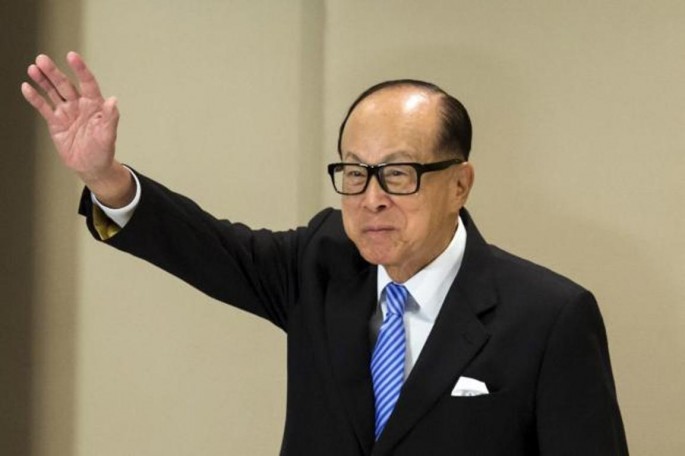Asian mogul Li Ka-shing came out strongly against European regulators on Thursday, Feb. 4, with his assistant defending a proposed $15 billion to purchase U.K. cell phone operator O2.
The managing director of CK Hutchison Holdings Ltd., Canning Fok, said in a statement that the coming together of O2 and Three, CK Hutchison's existing British carrier, would come along with a five-year price freeze for clients, according to The Wall Street Journal. Furthermore, the combined firm would invest $7.3 billion in the venture over the same period.
Fok pointed out that Li's Hong Kong-based flagship firm would also allow competitors to purchase fractional ownership shares in its U.K. mobile network, as opposed to purchasing wholesale network volume. The move would get rid of the intermediary and allow rivals on CK Hutchison's mobile network to give lower prices to customers.
In a note, an analyst at CCS Insight, Kester Mann, wrote: "CK Hutchison's move is the opening salvo in what is likely to be a long and intense period of negotiation with the European Commission. Today's announcement is the first step, but it is unlikely to appease (the commission's) competition chief Margrethe Vestager, who has adopted a hard-line on in-market mergers."
Last week, the CEO of U.K. telecommunications regulator Ofcom issued an alarm that the proposed merger could heighten prices for consumers and hurt competition among mobile carriers in the U.K.
However, Mann said that CK Hutchison's propositions came ahead of an expected statement of objection from the commission that is likely to "raise significant concerns over the prospect of negative outcomes for consumers." He said that a similar warning affected a planned merger of two Danish carriers in 2015.
According to a statement from the European Commission in Oct. 2015, the agency had opened an investigation into the sale of O2 to CK Hutchison, indicating that the merger could result in increased prices and reduced choices for U.K. consumers, China Technology News reported.
The central antitrust regulator of Europe later declined a request from Britain's competition authorities to review the deal, asserting that Brussels was in a better position to evaluate the deal's effect on clients.



























